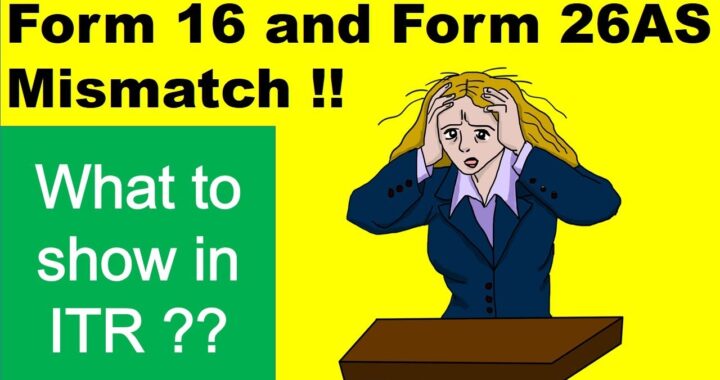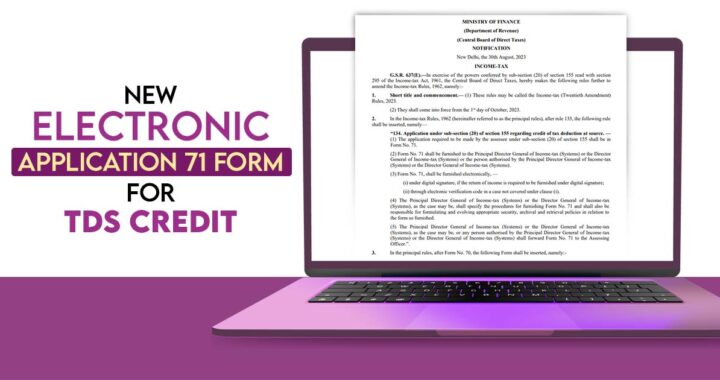How to Face an Income Tax Raid?
 The term “Raid” in the law of Income Tax in India is an interaction with the Income Tax Department which leads to chaos and panic.
The term “Raid” in the law of Income Tax in India is an interaction with the Income Tax Department which leads to chaos and panic.
If you are likely to have such an interaction, it is better to know the subject very well, so that you can face the situation with confidence.
Purpose of “raid”:
Income Tax Raid is done by the department to reveal tax avoidance by an assessee.
What is “raid” in the law of Income Tax?
The process authorizing the IT department to search any premises whether residential or commercial, vehicles, bank lockers etc. and taking possession of the assets, documents and valuables comprises a “raid”.
The I.T. officials as per the provisions of section 133A of the Income Tax Act have the authority to enter a business premises and inspect all documents as well as cash for making a “survey” but cannot seize them.
In order to face the situation confidently, it is necessary to understand the law relating to Income Tax regarding the subject.
Lack of knowledge would result in panic and discomfort. The knowledge of legal rights will definitely protect you.
How can you minimize the chances of Raid?
One can minimize the chances of raid by complying with the summons and notices sent by the department under section 131(1), 142(1) and other sections. One should always comply with the summons or notices for producing the books of account or any other document before the authorized officer at the earliest opportunity.
One should not have any unaccounted or undisclosed money or any undeclared property commonly termed as “Black Money”. All sources of income should be declared. If all sources of income, whether taxable or exempt, are disclosed before the Income Tax Department, the chances of facing a tax raid are low.
Rights of an assessee during the raid:
An assessee can ask for two independent witnesses from the locality. If the assessee has children, they should be allowed to go to school. But the Income Tax officials have the authority to look inside the school bags.
The raids can be done during any time between sunrise and sunset. But it can continue for 48 hours. The assessee has the right to have a look at the search warrant and the identification of the officer conducting the search.
The assessee can insist to cause search of the female members in the family by female personnel only.
The female members have the right to refuse to appear before the officials if the custom guiding them prevents them from appearing in public. The assessee has a right to personally search the officer to ensure that there is no fabrication of evidence.
Rights of an assessee after the Raid:
An aggrieved assessee who feels that he or she has not been fairly raided is entitled to file a writ petition before the High Court against the raid or can challenge the assessment before the Commissioner of Income Tax.

 What is Income Tax Liability on Income from trading in Future and Options
What is Income Tax Liability on Income from trading in Future and Options  The Importance of Filing Your Income Tax Return on Time: A Financial Must-Do
The Importance of Filing Your Income Tax Return on Time: A Financial Must-Do  Is Addition made by Assessing officer on basis of mismatch between AIR and F26AS Justified
Is Addition made by Assessing officer on basis of mismatch between AIR and F26AS Justified  Salient Changes in the new Income Tax Rules relevant to Assessment Year 2024-25
Salient Changes in the new Income Tax Rules relevant to Assessment Year 2024-25  To What limit can you hold Gold at Home-Taxation on Sale of Gold
To What limit can you hold Gold at Home-Taxation on Sale of Gold  Claimimg TDS Credit in Previous year while deductor deposited in subsequent year- Use of Form 71- Its benefits and Limitations
Claimimg TDS Credit in Previous year while deductor deposited in subsequent year- Use of Form 71- Its benefits and Limitations